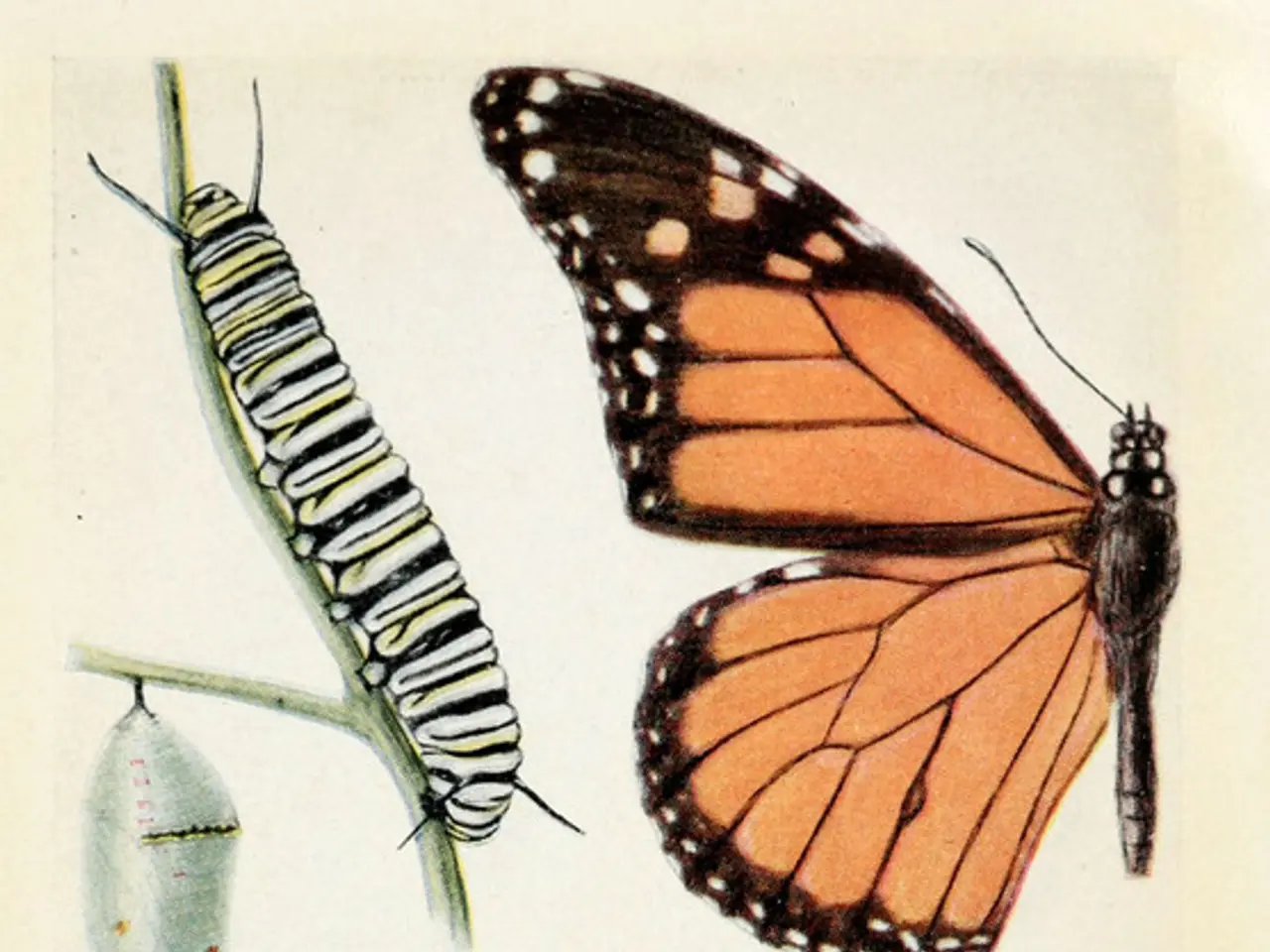Chagas Disease Now Endemic in the US: What You Need to Know
Chagas disease, a tropical illness caused by the parasite Trypanosoma cruzi and spread by kissing bugs, is now a significant concern in the United States. Around eight million people worldwide, including 280,000 Americans, are estimated to have the disease. It is most prevalent in the southern states, with human cases reported in eight states and animal cases in at least 17.
Transmission typically occurs during warmer months, with initial symptoms lasting weeks or months. However, if untreated, the disease can enter a chronic phase, hiding in the body for decades. This can lead to lifelong heart problems and even death, often with no initial symptoms. The most serious complication is Chagas heart disease, which can result in sudden cardiac death.
Preventing Chagas disease involves preventing kissing bugs from entering homes. This can be achieved through decluttering and using integrated pest management strategies. The parasite can be found in 140 species of kissing bugs, including Triatoma sanguisuga and Triatoma gerstaeckeri.
With Chagas disease now considered endemic in the U.S., awareness and prevention are crucial. If you suspect you may have been exposed, consult a healthcare provider. Early detection and treatment can prevent the disease from progressing to its most serious stages.







